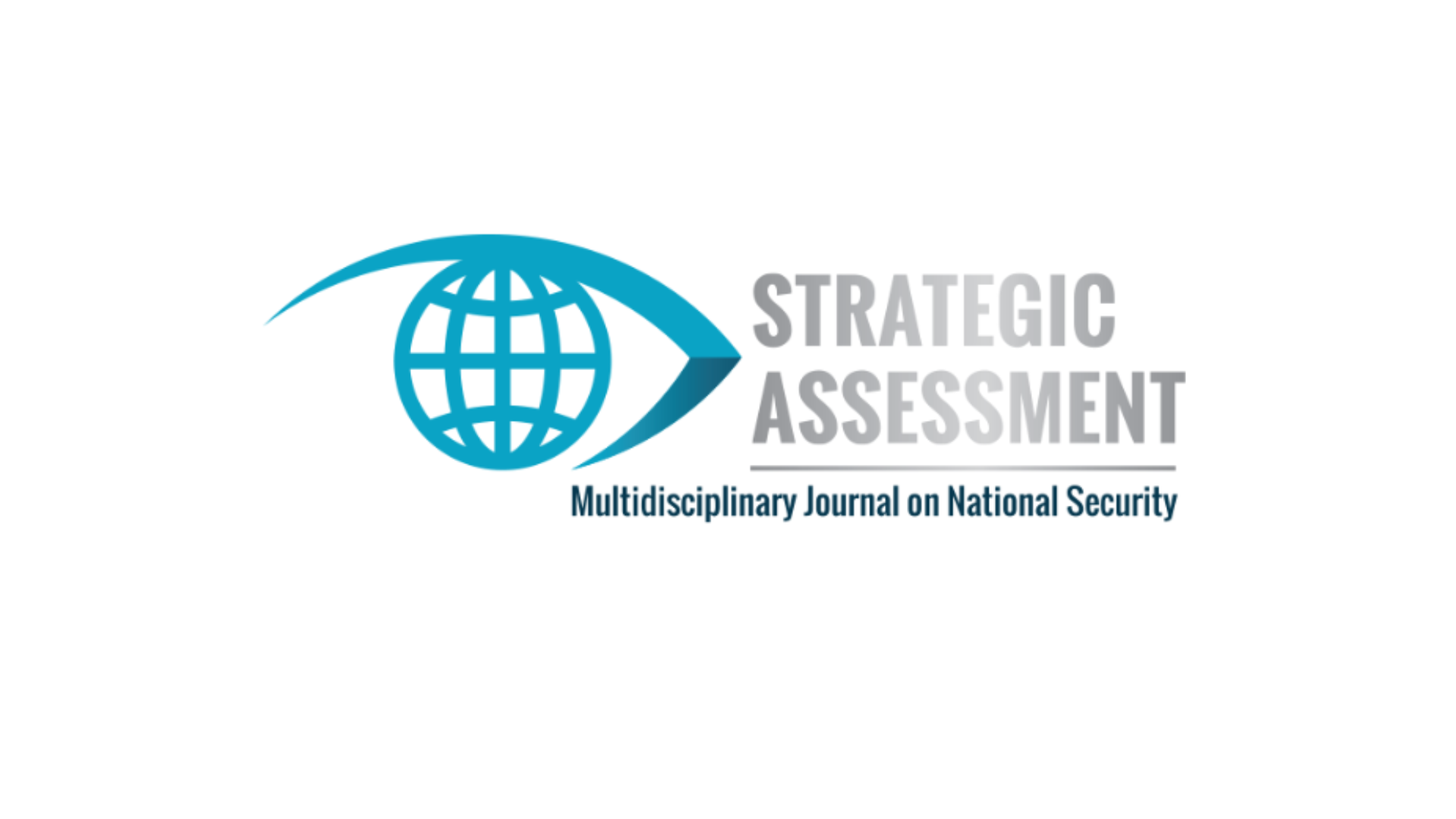Strategic Assessment

Israel’s decision to adopt a policy of nuclear ambiguity was taken after a heated debate. Supporters argued that the policy would weaken the motivations for nuclearization among neighboring countries, and that therefore the factual, public dimension of Israel’s nuclear program should be minimized. This article differentiates between factual questions and normative questions regarding the nuclear issue, and argues that the policy of nuclear ambiguity has mushroomed beyond its initial objectives. The routinization of nuclear ambiguity has led to excessive secrecy on the part of the “nuclear bureaucrats” about any topic pertaining to the nuclear project and not merely those pertaining to factual issues, and as such, harms Israeli democracy. The article names a number of issues that could be discussed without jeopardizing nuclear ambiguity, and proposes a way to begin restoring the policy of nuclear ambiguity to its original parameters and objectives.


